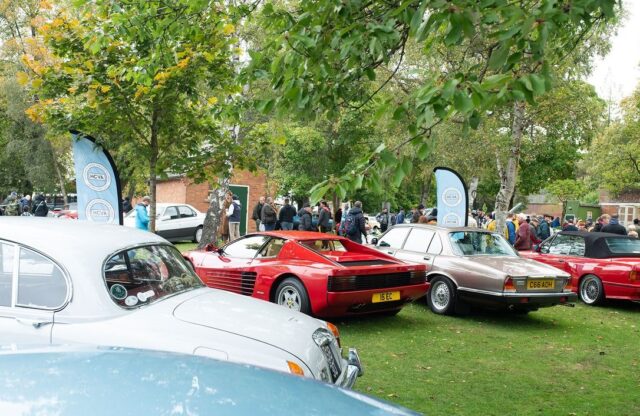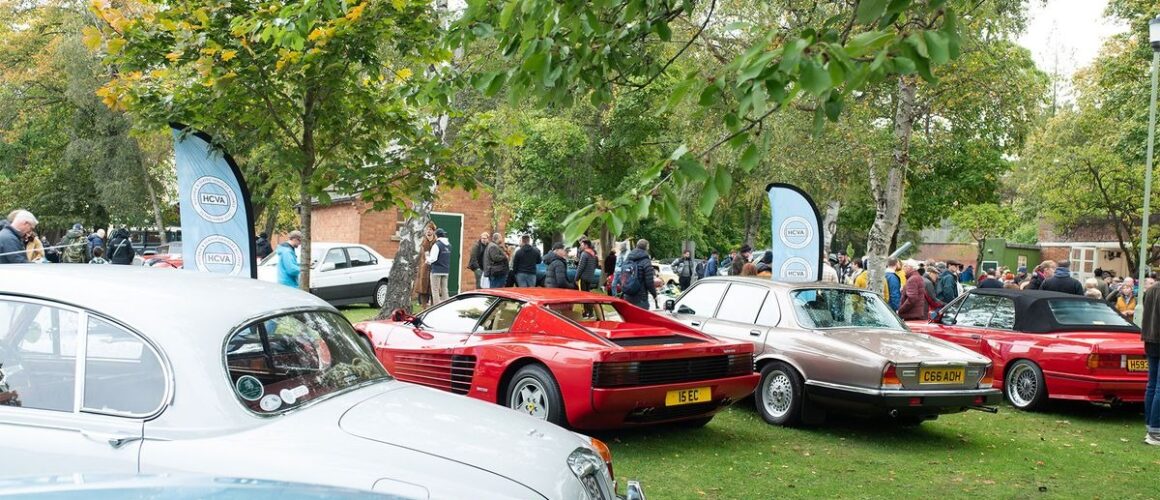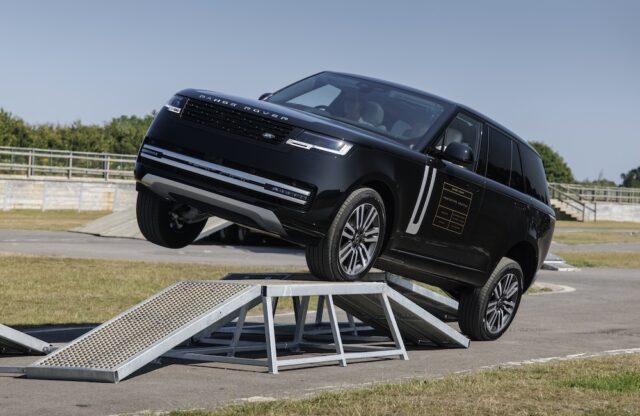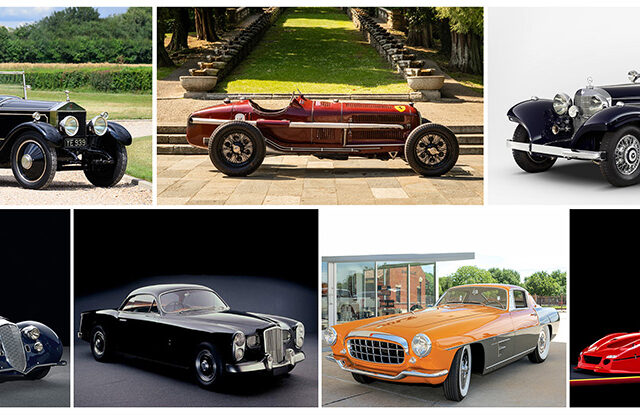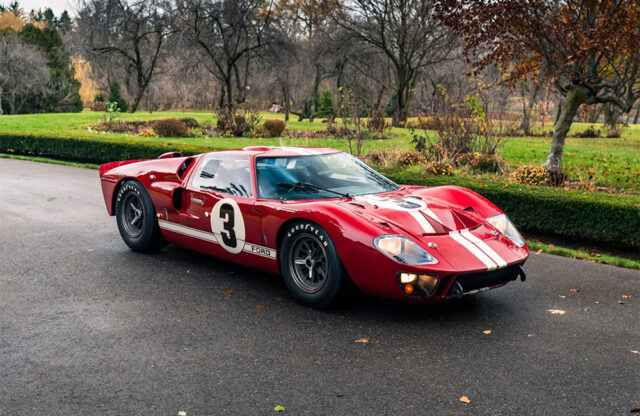The Driver and Vehicle Licensing Agency (DVLA) has confirmed a major policy overhaul for how repaired, restored and modified vehicles are registered. The new rules will come into effect on Tuesday August 26, 2025, in the wake of a long campaign spearheaded by the Historic and Classic Vehicles Alliance (HCVA).
Designed to safeguard a vehicle’s history and identity while maintaining accurate records, the reforms follow the Government’s 2024 Call for Evidence on registering historic, classic, rebuilt and EV-converted vehicles. Led by the HCVA, the Call for Evidence attracted more than 1350 responses in under eight weeks.
The Call for Evidence resulted in the DVLA working with Government officials, including the Minister for the Future of Roads Lilian Greenwood, to review outdated registration policy and guidance that had remained unaltered since the 1980s.
For industry professionals and enthusiasts, the two most welcome changes are that the DVLA no longer needs to be informed of like-for-like repairs and restorations, and that vehicles undergoing major structural modifications can still retain their original chassis and registration numbers.
Once the rules come into force, those conducting like-for-like repair and restoration projects will only need to inform the DVLA if the work deviates from the original V5C document, such as colour, engine capacity or body type. The registered keeper will still have to inform the DVLA if a car has undergone major structural changes, however.
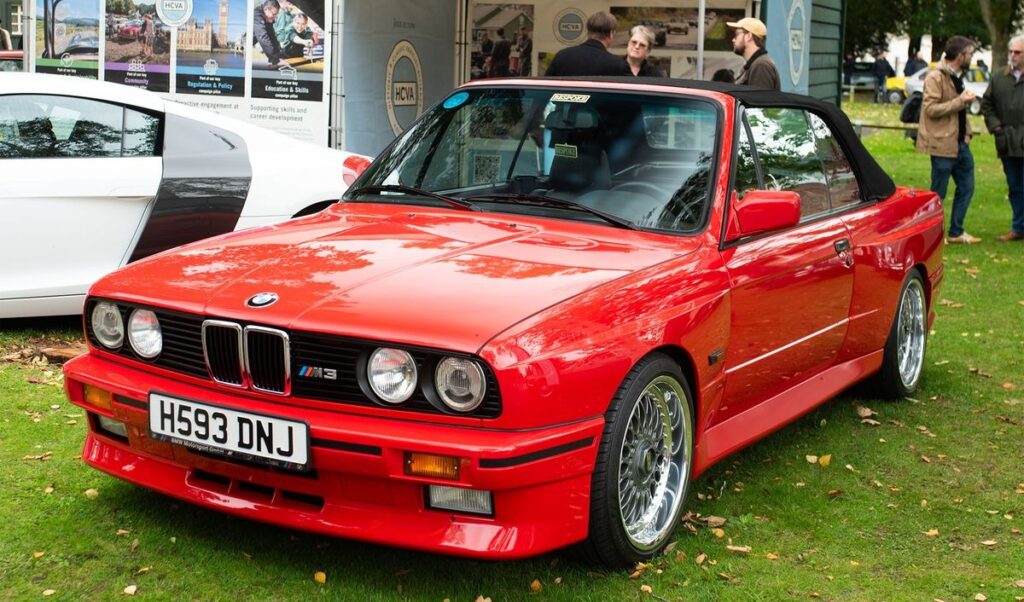
The final policy change concerns vehicles that have been converted to EVs. Cars whose combustion engines have been swapped for EV powertrains will now be able to keep their original identity, provided that the DVLA is notified of the work carried out.
Currently, professional and well documented restorations could be refused UK registration – or lose their original identity – due to an administrative conflict over what defines a ‘substantial change’. In the worst cases, unfortunate owners of certain cars could be issued with Q-plates, indicating that a vehicle’s age or identity is in doubt.
Once the new, more pragmatic rules come into effect, the HCVA recommends that workshops and owners record as much about a project as possible in order to ensure the registration process is as straightforward as it can be.
By default, fewer Q-plates are also expected to be issued. For example, replacing a Jaguar E-type’s front-frame assembly will now be classed as routine restoration work, rather than a chassis change that previously required a DVLA-issued chassis number or a Q-registration.
“The policy changes by the DVLA encapsulate how industry and Government working collaboratively can deliver better outcomes,” said HCVA CEO Dale Keller. “It is testament to the hard work of the HCVA, and others, that the Government has listened and acted with pragmatic changes that place the retention of historic identity at the forefront of registration policy – a move that will be welcomed by all historic vehicle specialists, owners and historians.”
The HCVA and DVLA both believe the new rules will safeguard the UK’s historic and heritage vehicle industry, while also keeping cherished classics on the road for years to come. The sector is estimated to provide more than 100,000 high-skilled jobs and around £18bn to the UK economy.
